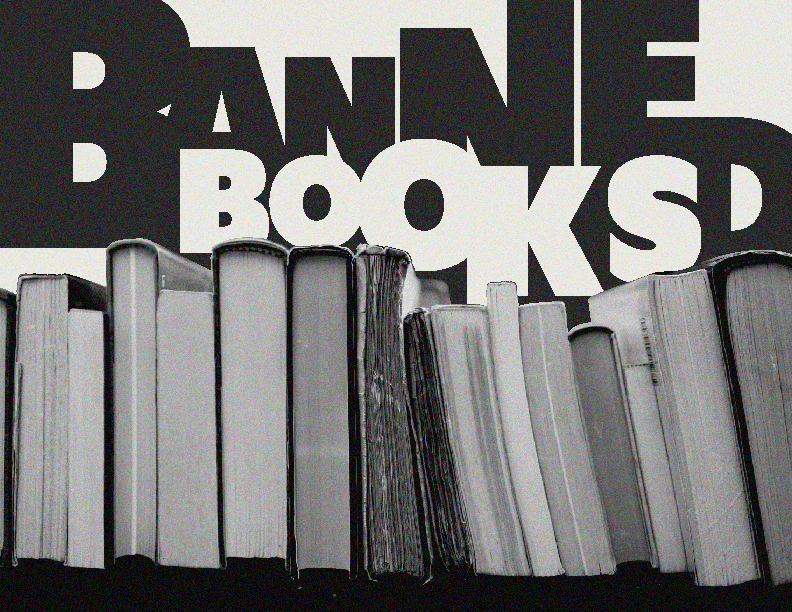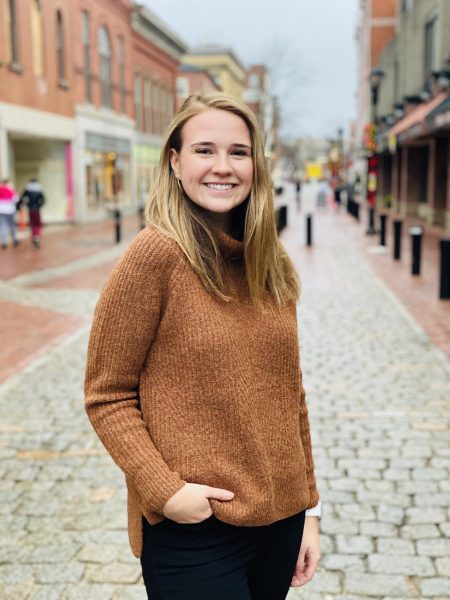The issue of book banning emerged again in this year’s legislative session. H.B. 29, which was signed into law by Gov. Spencer Cox on March 18, not only bans books with “indecent materials” but grants school districts the authority to ban books throughout the entire state.
Rebekah Cummings of the Utah Library Association said she and the ULA oppose H.B. 29.
H.B. 29 was built upon the already established H.B. 374 from the 2022 legislative session, which developed the standard for how a book could be challenged within the school system and defined what the “threshold was to have that book removed,” Cummings said.
Cummings said books evaluated pre-H.B. 374, or before 2022, were reviewed holistically because literature falls under the First Amendment — freedom of speech. However, she said there is a “balance” in determining which materials are inappropriate for a school library.
Librarians would use the SLAP method to determine if materials were indecent. SLAP means the books have “serious, literary, artistic, political or scientific merit.”
While some examples within literature may make some uncomfortable, Cummings said if a book met the SLAP merits, uncomfortable situations in books such as assault or sexuality could provide support and relatability for readers.
“It might be something that teens can connect with if they’ve had similar experiences, or it’s something that prepares teens who might experience things like that,” she said. “Books are really important in that regard.”
H.B. 374 changed the evaluation of books from holistic and determined any sexual material to be inappropriate and banned, differing from federal law.
“It basically put school teachers or school librarians in the position of having to decide what potential lawsuit they wanted to defend,” Cummings said. “Are they going to uphold federal law that says the work has to be taken as a whole or are they going to uphold state law that says if any of these things are in it, you have to pull the book?”
Under H.B. 29, if three school districts decide to ban the same book, that book is banned throughout the state, and the book can only be kept in a district if school board members add those books to the agenda within 60 days.
Cummings said this law, and banning books in general, steals literature about the human experience from students.
“Everyone agrees there should not be pornography in K-12 schools,” she said. Cummings referred to Toni Morrison’s “The Bluest Eye,” a commonly banned book that includes issues of race and sexual assault.
“’The Bluest Eye’ [is] not meant to excite and arouse, [it’s] meant to inform and educate and reveal things about the human experience,” she said.
Cummings also said, that while not explicitly written in the law’s language, the bill does consequently pull more books by and about the LGBTQ+ community, as well as Black and Indigenous communities.
In response to H.B. 29, Rep. Brian King (D-Salt Lake) introduced H.B. 583, which advocated for the protection of school librarians and allocated book reviewing to local educational leadership rather than state leadership. This would help to keep the federal approach of holistic reviews. H.B. 583 was never distributed to a committee for hearing.
“We can’t just read one paragraph of the book or look at one image and decide that it doesn’t have value,” Cummings said. “That’s not the way that the Supreme Court of the United States has decided that books need to be evaluated.”
H.B. 29 takes effect on July 1.





Pat McNees • Aug 20, 2024 at 7:29 am
Correction: It should be SLAPP, not SLAP, law:
Strategic lawsuits against public participation (SLAPPs) and anti-SLAPP law. Anti-SLAPP laws allow for the quick dismissal of lawsuits that chill free speech–provide protection from meritless lawsuits aimed at punishing speech. There’s a section on the Writers and Editors website with articles on the topic.